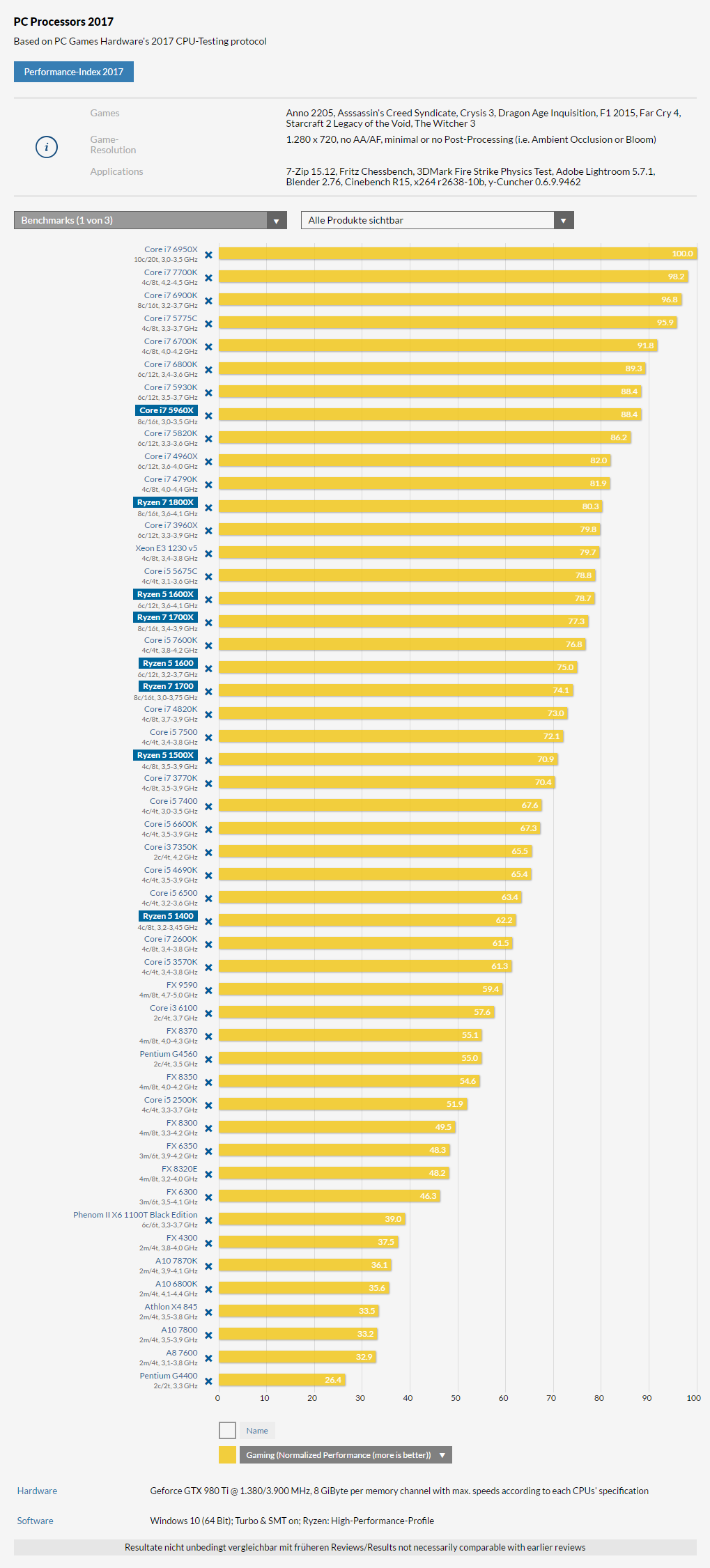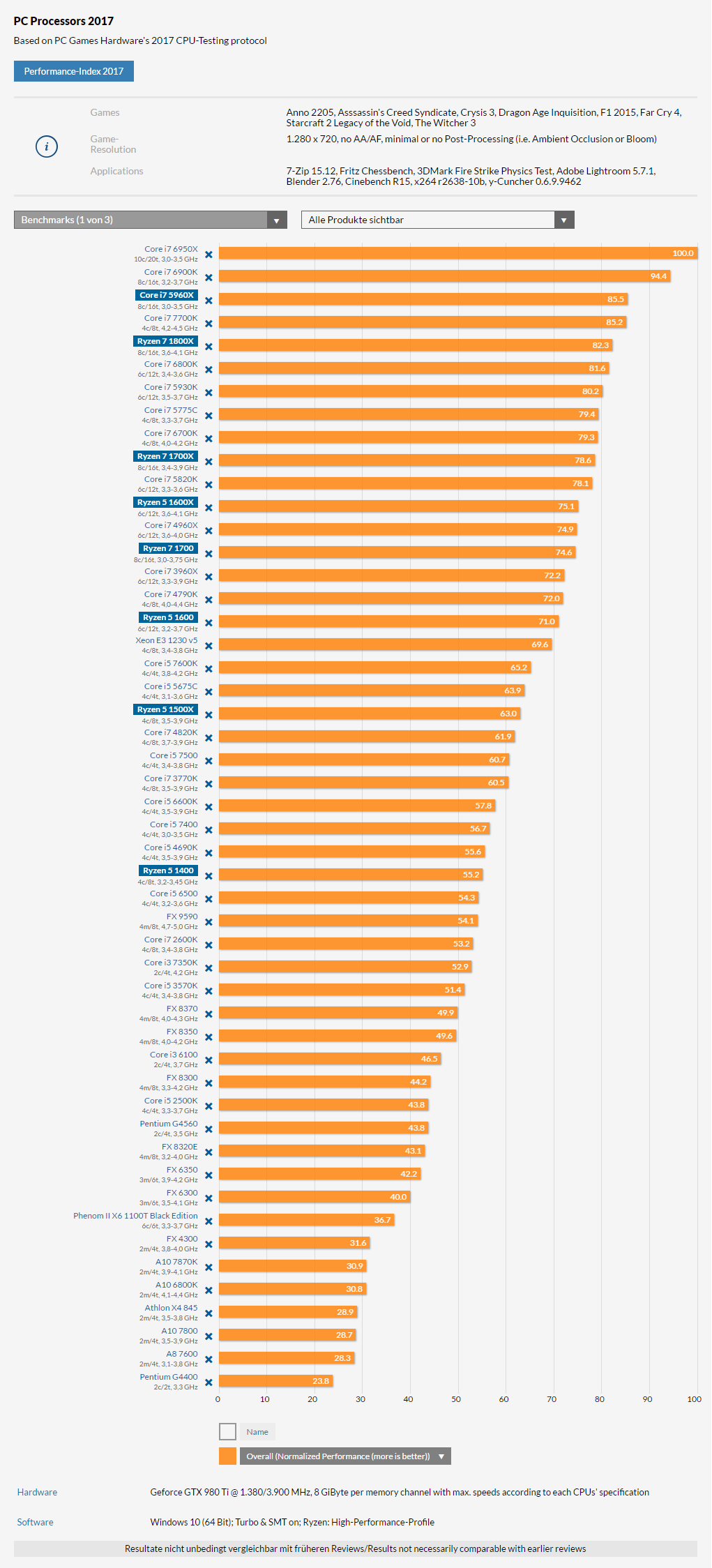I am immensely impressed with how durable modern technology is.
Yesterday I was playing around in superhot VR in the endless mode, doing a run of the torture room with nothing but melee, so I was dashing about the room slashing enemies up left and right while dodging shotgun blasts like it was the matrix. I was up to about 85 killed when I accidently hit something. As it turns out, like an idiot, I left a cup of water out. And I left it out directly above my cpu tower.
So, long story short a 1/4 cup of water ended up landing perfectly upside down right on top of my case's vent, right above my cpu. My rift cuts out, I note as I frantically hold down the power button to turn things off that the fans are still running and the LEDs are still on. I quickly unplug everything and get all of my parts separated. I remove the heatsink from my cpu and... There's a bead of water right on top of the heat spreader. I freak out a bit then leave the parts out to dry.
I leave them out for 24 hours, clean off any spots left by the minerals in the water, reassemble them and, what do you know, everything still works just fine. Gave myself a heart attack. Though, I was looking for an excuse to replace the thermal paste that came with the stock cooler.
So, know that if you're as stupid as I am with water, your computer could make it out OK.
You'd need a new motherboard and new RAM(Ryzen boards use DDR4, not 3). Though, tbh, you have no pressing need to upgrade your CPU to anything. Especially running a 780. I'd upgrade your video card first.
No. Not even close.
Completely the wrong motherboard type, which is for a four year old chipset. Your system also uses DDR3 memory and you would need DDR4.
Not to sound rude, but to say you're not good at this whole spec thing is an understatement so we will be happy to help you!
As others suggested your CPU is still adequate and your money would be much better spent on upgrading your GPU.
When you are ready to upgrade to Ryzen, I would strongly recommend you consult this page and/or the "I need a new PC" thread.
But for the time being, upgrade your GPU and get something like a 1070.
Thank you for this feedback, I really appreciate it. I don't want to buy something I cannot use so I'm glad I have been warned beforehand. I will upgrade my GPU to a 1070 or 1080 first.


